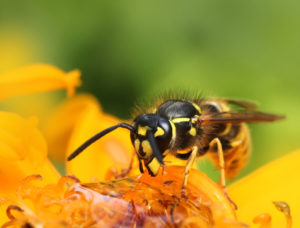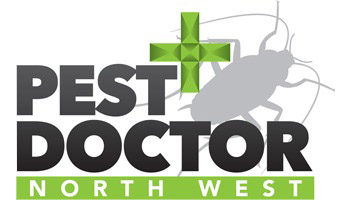There has been a lack of Insect activity this Spring. I think its fair to say the Spring this year has been less than favorable for our ‘Tiny Invaders’ such as Ants, Bumble Bees and Wasps. Its amazing how thew weather has such an impact on the world of Pest Control.
Rodents can be prevalent all year round. But we certainly see a spike in Rat and Mouse activity in the colder Winter months. This year the cold season seems to have been extended into Spring. Though the exception to this has been the last 2 weeks or so.
So whilst the Rats and Mice have been unseasonably active, the same can’t be said in the Insect world. Usually Ants are the first Insects to emerge in Spring followed by our friends the Bees. Wasps however tend to become more of an issue as we get later into June and going into July. Its amazing how many people will contact me now saying they have Wasps when in fact they have Bumble Bees. The Wasp ‘Queens’ will start to emerge first, then the ‘Worker’ Wasps though the nest does not reach maximum capacity until a little later in the year.
Wasps tend to make nests low down in river banks or tree roots. However it is also common to find nests in the sofats of homes or any other cavity the Queen will decide to make her home in!
Wherever the Wasps decide to make home in or near your home or business, the important thing to remember is not to be a hero and try and solve the issue yourself. I have heard too many stories of people using DIY methods to manage a Wasp problem only to end up with a major problem on their hands which often results in wasp stings. Never go into a loft or get up a ladder to try to treat a nest. It does not cost the earth to bring in a Pest Control expert but time off work from stings or falls from ladders will cost a whole lot more.
Here are some hints and tips to treat Wasp nests and stay safe;
- Wasps can be attracted to food smells so ensure bin lids are closed tight
- Keep windows and doors closed or use fly screens/fly curtains across doors and windows
- Check for a nest. It is easier to spot a Wasp nest on a fine dry day as Wasps tend to be more active on these days
- If you spot a Wasp nest, cordon off the area and keep your distance. Keep children pets and staff (if in a business premises) away from the area
AND CALL THE PEST PROFESSIONALS!
PDF ( Pest Doctor Fact)
Please don’t be a DIY hero. Wasps can be very aggressive and emit a pheromone once they sting you which act as an attractant to other Wasps which may end up becoming a multiple attack by a swarm of Wasps. 
